Only five days after the French launched a military attack on Islamic militants in Mali’s Northern region, ICC Prosecutor Fatou Bensouda opened a formal investigation into alleged crimes committed in Mali. This decision reinforces the ICC’s emerging (if informal) role as an instrument of coercive diplomacy. Bensouda’s words suggest the same. “Justice” she writes, “can play its part in supporting the joint efforts of the ECOWAS, the AU and the entire international community to stop the violence and restore peace to the region.” The timing of this announcement, though, also gives weight to the perception that the ICC follows the flag of Western military interventions in Africa. Of course, few will contest the gravity of alleged crimes in Mali – summary executions of soldiers, rape of women and young girls, killing of civilians, the recruitment of child soldiers, torture, pillaging, enforced disappearances, and the destruction of property. And, for advocates uncomfortable with direct links between the Security Council and the ICC, intervention in Mali has the legitimacy accorded by a self referral. In July of last year, the government of Mali invited the ICC to look at crimes in the North making it the fifth self-referral by an African country, and the first under this new Prosecutor.
In fact, the details that link international justice and military intervention have always been more complicated. Louise Arbour issued an arrest warrant for Milosevic during NATO’s bombing of Kosovo much to the surprise, despite her careful warning, of Germany and other European states. Since Libya, the perception that the Security Council’s use of justice and force go hand in hand has hardened. In fact, the Security Council referred Libya to the ICC on February 26th, 2011, weeks before a consensus on the use of military force was achieved. Luis Moreno Ocampo, then Prosecutor, moved with lightning speed to take up this call in early March and in June 2011, during NATO’s air war, the Court issued arrest warrants for Libyan leader Muammar al-Qaddafi, Saif al-Islam, and Abdullah al-Senussi. As in Mali, initial considerations of justice preceded military intervention. But this may be an area where the devil is not in the detail and hindsight is 20/20. In both Kosovo and Libya, the real force of international justice has followed, not preceded, military intervention.
So what are the likely reactions to the ICC’s Mali intervention? International justice advocates may be more comfortable with the ICC’s recent announcement than with the Libya precedent. Even many of the Court’s strongest proponents view Security Council referrals are overtly and uncomfortably political, and advocates have been eager to avoid this sin. Beyond this constituency, though, the perception that the ICC is shoring up Western interests will not be invested in the details of how justice works. The proximity between military force and international justice is undeniable. Perceptions of this justice bias are also hardened when the Court’s conduct is selective. In Libya — and the same is likely in Mali — one-sided investigations aligned with NATO’s military intervention. If NATO is willing to back military victories, this alignment between justice and force may well enhance prospects for a durable peace. But it does not sit well with the efforts of those who have long campaigned for the creation of robust institutions that embed impartial accountability norms.
The pursuit of justice in close proximity to military intervention is also unlikely to please those who favor negotiated inclusive peace settlements. Critics of international justice warn that justice interventions in conflict situations may prolong war. In Libya and Sudan, sceptics argued that the ICC’s arrest warrants provided stronger incentives for sitting heads of state to dig in their heels than to defect. Even if the Court’s actions were marginal, the hope that arrest warrants might induce leaders to step aside went unfulfilled. Qaddafi continued to fight until he was literally murdered in the streets. Sudan’s President Bashir has had far greater glory since his arrest warrant was issued — he has been re-elected, witnessed a wave of support from regional partners, and accepted numerous invitations to travel abroad.
Regardless the conclusions that are drawn, recent history suggests that when the International Criminal Court intervenes in ongoing conflicts, it will be evaluated equally for its contribution to peace, as well as to justice. In Libya, one of the peace logics of justice interventions was that the ICC could drive a wedge between Qaddafi and his supporters. Even if Qaddafi was unbendable, justice might be used to convince his supporters that the benefits of defection overrode the cost that might be associated with fighting. This logic is potentially powerful, but the Security Council’s February 26th announcement gave Qaddafi’s backers no time to consider their actions, since February 15th was defined as the starting point for the Court’s investigations. The amnesty law issued by the new government of Libya also came too late to actively deter individual perpetrators from using violence during the conflict by providing potential relief from prosecution.
These precedents provide lessons for Mali. In ongoing conflict, the Court’s capacity to shape behavior may be strongest in its shadow phase, before it has formally opened an investigation. The time for this decision has already passed. The Court’s leverage will be dramatically reduced once it has issued arrest warrants. In Mali, the ICC should avoid a rush to judgment. Open-ended investigations will at least create a more permissive environment for the defections that military interventions sometimes spur. Human rights advocates and Court supporters who argue that the ICC must ‘follow the evidence’ and the ‘interests of justice’ will know that the pursuit of justice always involves an exercise of judgment. Where to press for information, and also when to issue arrest warrants are questions now for the new Prosecutor to decide.

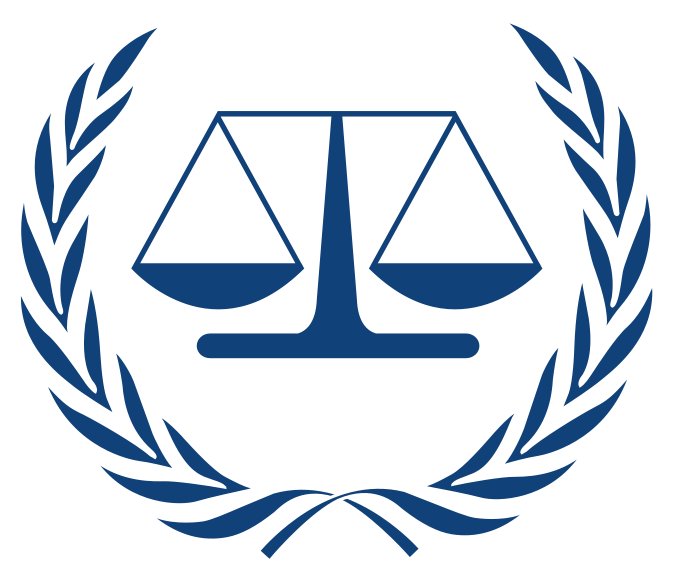

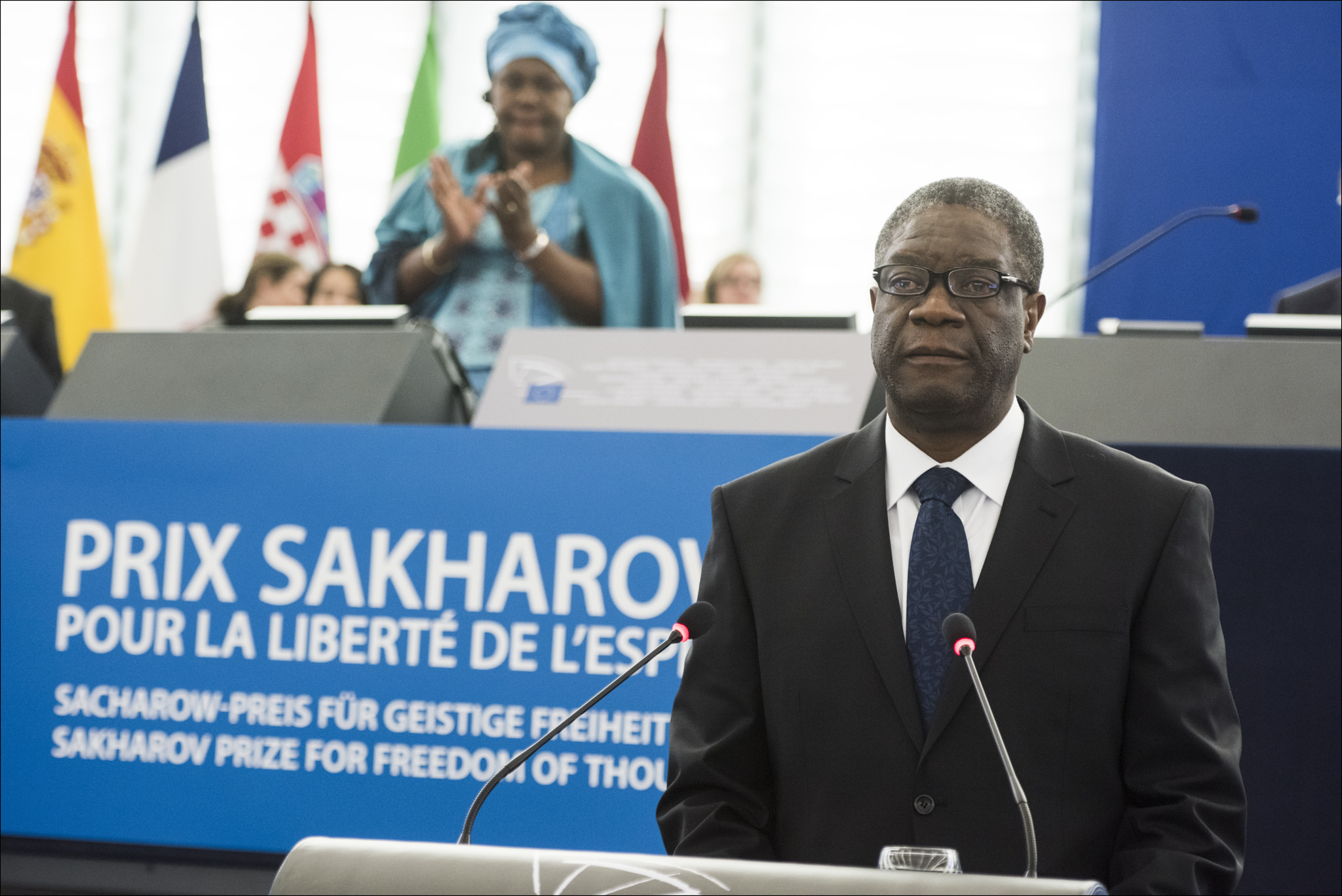
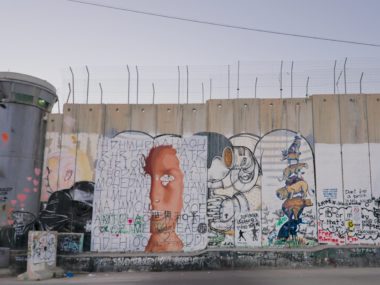
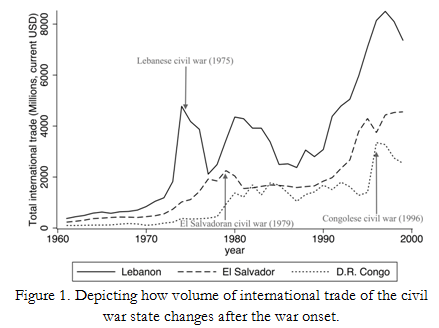
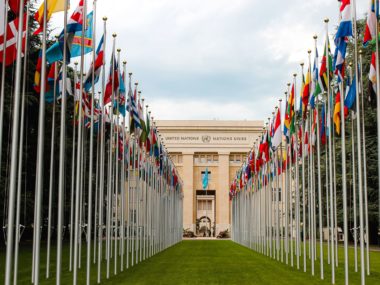
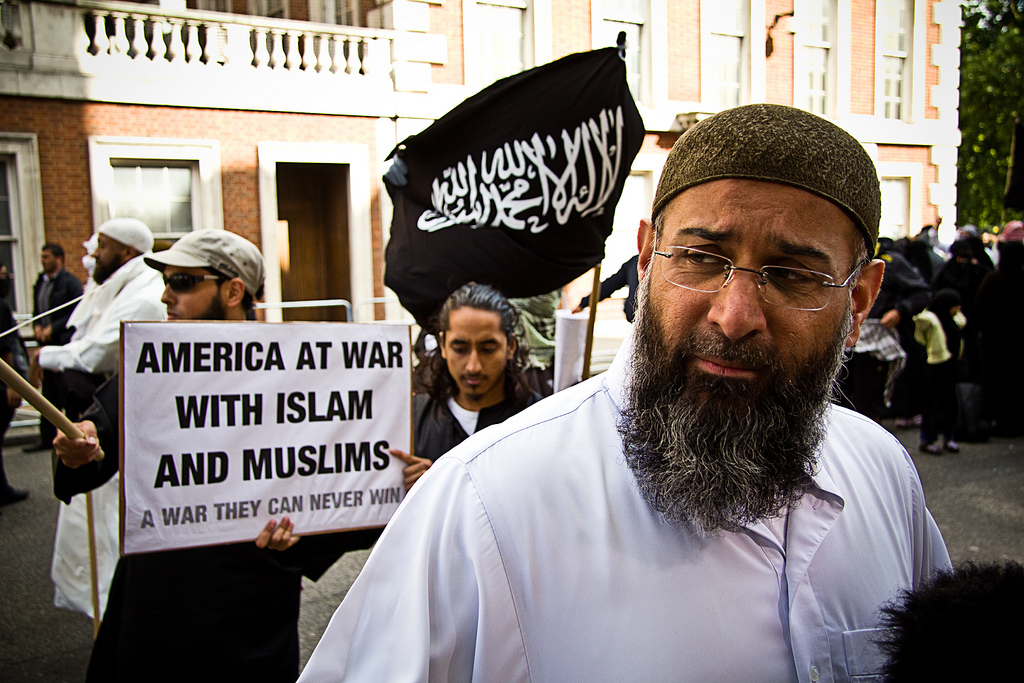
5 comments